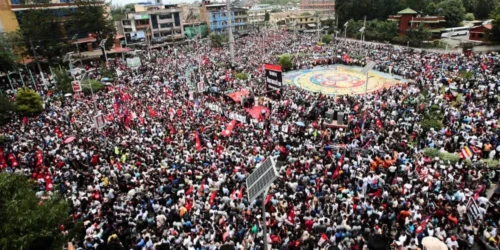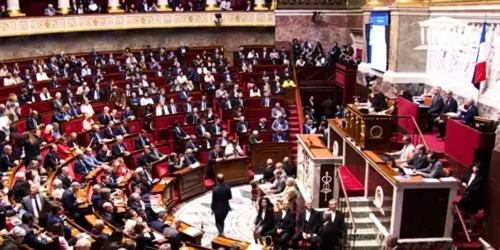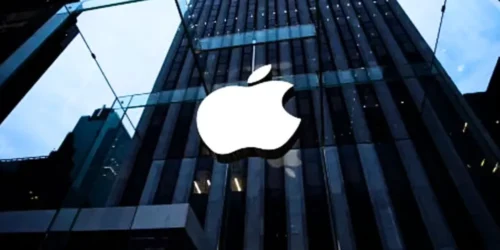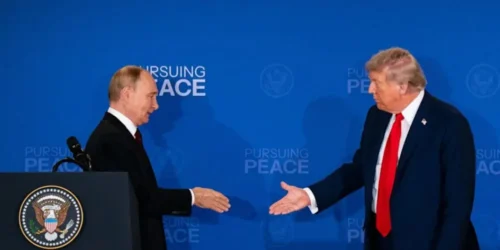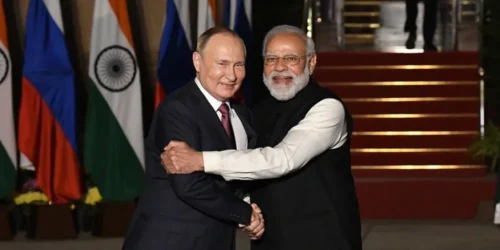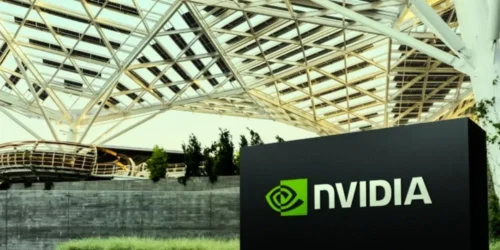It feels like the world is spinning off its axis, doesn’t it? One moment, we hear calls for global unity; the next, we see nations building higher walls. For decades, we have believed in a trajectory toward a more connected and cooperative planet. Yet today, that dream feels more distant than ever. Global politics has become a theatre of division, where we retreat into our national corners at the exact moment our shared problems demand we stand together.
The Fading Promise of Cooperation
Not long ago, international institutions and alliances felt like the future. We created them to solve problems that no single nation could tackle alone. However, they now often seem like relics of a more optimistic era. Powerful nations sideline them, populist leaders mock them, and the spirit of collective action is replaced by a transactional “what’s in it for me?” attitude. This erosion of trust is leaving us rudderless in a sea of global crises.
The Dangerous Allure of Nationalism
In times of uncertainty, people crave simple answers. And the easiest answer is often to blame someone else. A new wave of nationalism offers this simple comfort, painting a picture of national greatness threatened by foreign forces, immigrants, or global elites. It’s a powerful story, but it’s a work of fiction. It distracts us from real issues and encourages us to see our neighbors as adversaries rather than partners in a deeply interconnected world.
Problems Without Passports
Here is the central, terrifying paradox of our time: as our politics become more tribal, our problems become more global. A pandemic does not stop at a border checkpoint. Carbon emissions don’t care about national sovereignty. A financial crisis in one corner of the world can trigger a global recession. Building walls is a profoundly useless strategy against problems that travel on the wind and through fiber-optic cables.
Echo Chambers Drowning Out Debate
This political division isn’t happening in a vacuum. Our media and social media ecosystems are fanning the flames. Algorithms feed us a steady diet of outrage, confirming our biases and painting anyone who disagrees as not just wrong but malevolent. We no longer debate; we denounce. This digital tribalism makes it nearly impossible for international diplomacy to achieve political compromises.
Conclusion
We stand at a critical juncture. We can continue down this path of suspicion and division, watching our shared challenges grow until they overwhelm us. Or, we can rediscover the courage to look beyond our borders. We must demand that our leaders engage in the difficult work of diplomacy and rebuild the trust we have lost. The stakes are not about political parties or national pride; they are about our collective survival on a small and fragile planet.



